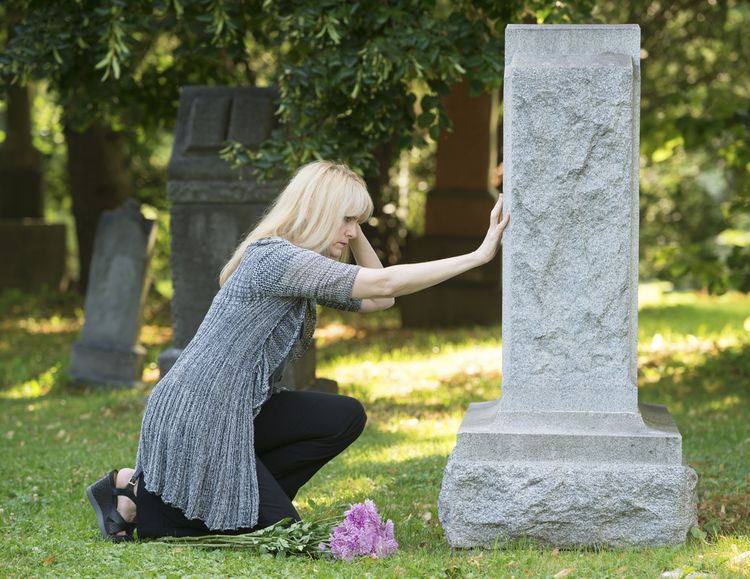Ever heard the adage “time waits for no one?” It is the true embodiment of the inner workings of our court system, especially when dealing with personal injury claims.
The wheels of justice work within defined timelines regarding personal injury claims and do not wait for anyone. The most significant timeline element is the statute of limit, typically 2 years in Georgia.
What Does “Statute of Limitation” Mean?
Think of statutes of limitations as a countdown timer for lodging your personal injury claims that begin right after the accident has occurred. Under O.C.G.A. § 9-3-33, personal injury plaintiffs are typically given two years to make their claims, after which their cases are forever void.
While the law states you have 2 years to lodge your case, in reality, however, you have a much shorter time. Given that your attorney needs ample time to investigate, draft, file a lawsuit, and serve the defendant, you should engage them as early as possible.
What is the Statute of Limitation for Different Personal Injury Claims in Georgia?
Below is a table with the different personal injury claims in Georgia. It states the type of claim, the deadline to file the claim, and the statute of limitations associated with that claim:
- Personal injury – 2 years § 9-3-33
- Car, truck or motorcycle accident – 2 years O.C.G.A. § 9-3-33
- Wrongful death – 2 years § 9-3-33
- Product liability (defective product) – 2 years § 9-3-33
- Fraud – 2 years § 9-3-33
- Medical malpractice – 2 years (maximum of 5 years) § 9-3-71
- False imprisonment – 2 years § 9-3-33
- Assault & battery – 2 years § 9-3-33
- Legal malpractice – 4 years § 9-3-25
- Property damage – 4 years § 9-3-32
- Trespassing – 4 years § 9-3-30
- Breach of contract – 6 years (written) 4 years (oral) § 9-3-24, § 9-3-26
- Libel or slander – 1 year § 9-3-33
While the above table indicates the statutes of limitation for various claims, Georgia law Section 9-3-33 also makes reference to “loss of consortium.” These are claims that your spouse could bring against a person or business that caused your injury. For such claims tends, the spouse tends to have an extra year.
What is a Statute of Repose?
The statute of repose applies in cases involving medical negligence or defective product liability. It does not necessarily set in when the plaintiff discovers the injury linked to a harmful product or malpractice, as is the case with the statute of limitation. It’s a hard limit beyond which you cannot make a claim.
The statute of repose for medical malpractice is 5 years from the date of injury discovery, while that of a defective product is 10 years.
Time Limits for Lodging Claims against the Government
In Georgia, making a claim against a government entity is starkly different from suing an individual or business owing to “sovereign immunity.” While generally, you cannot sue government entities, you can make claims if you’re injured due to a government entity or their employee being negligent.
However, the timelines and procedures for making such claims are a lot more restrictive, emphasizing the need to contact our team at SHElaw as soon as possible to start proceedings.
For instance, you’re required to first file an administrative claim with the government agency before filing your lawsuit in court.
Moreover, you need to file the claim in a matter of months. In the case of municipalities (for instance, Atlanta or Savannah), you have a time limit of 6 months. For claims against a county (such as Calhoun or Clay County), you have a time limit of 12 months. Finally, when making a claim against the state, you have a time limit of 12 months.
Why Georgia Has Statutes of Limitation Established for Personal Injury Claims
Statutes of limitations for personal injury claims are not unique to Georgia. Many states have statutes of limitations to protect both the claimant and the victim.
Additionally, the limitations are in place to:
- Encourage plaintiff to file and resolve their claims in a timely manner.
- Prevent defendants from being forced to defend themselves under circumstances such that the evidence has deteriorated or disappeared.
- Encourage accident victims to litigate the issues involving accidents before the memory of the persons involved starts to fade.
- Prevent the courts from being overloaded with personal injury claim cases.
Exceptions to Statutes of Limitations for Personal Injury (Tolling the Statutes of Limitations)
As noted above, Georgia’s statutes of limitation are typically strictly adhered to. However, there are circumstances where the statutes of limitation may be extended in a practice known as tolling. Tolling means that the countdown to the statutes of limitation is paused, effectively extending the statutes of limitation.
This only happens under extenuating circumstances, such as:
- The injured party is under the age of 18
- The defendant has an active case related to the cause of action
- The defendant moved out of state before the plaintiff filed a lawsuit and serves the defendant
- The accident victim’s estate does not have a personal representative in place
- When the product defect, injury, or medical problem could not have been reasonably discovered within the statutes of limitations
It’s essential to note that while tolling can extend the statute of limitations, the countdown continues when the extenuating circumstances (the tolling factors) are longer at play. As such, you also need to be timely in lodging your claim.
With the statutes of limitation in mind, the best way to avoid missing your rightful compensation after an injury is to work within the deadline. It’s improbable the courts in Georgia will compromise on the statute of limitation if you don’t file your case on time. As such, you should be wary of the procedural error associated with statutes of limitation that can void your claim.
Call SHElaw firm® Today to Speak With Our Experienced Attorneys About Your Personal Injury Claims
SHElaw firm® helps personal injury victims in all aspects of their cases. Contact us early so we can help you get the most out of your personal injury claim.
Call our office at 470-788-8930today to schedule an appointment with one of our skilled personal injury attorneys.









